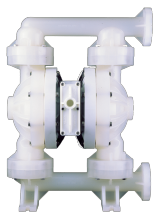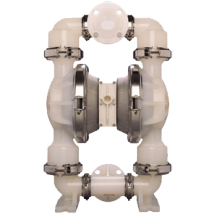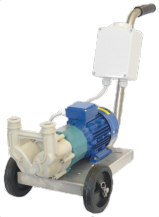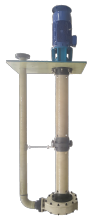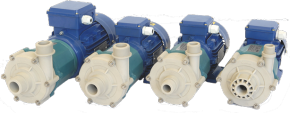Potassium hydroxide (KOH), usually known as caustic potash, is an inorganic compound with a strongly alkaline base. It is a colorless solid with many applications. Potassium hydroxide is easily dissolved in water producing a highly exothermic reaction.
Potassium hydroxide is used for many purposes such as a precursor to creating potassium salt compounds including those of cyanide, carbonate, phosphate and permanganate, the production of fertilizers and biodiesel, to manufacture soap and as an electrolyte in alkaline batteries
The main challenges when pumping potassium hydroxide come from its aggressive nature and the fact that its viscosity changes with temperature. AxFlow Pumps for Potassium Hydroxide.
Please click to see more information.





